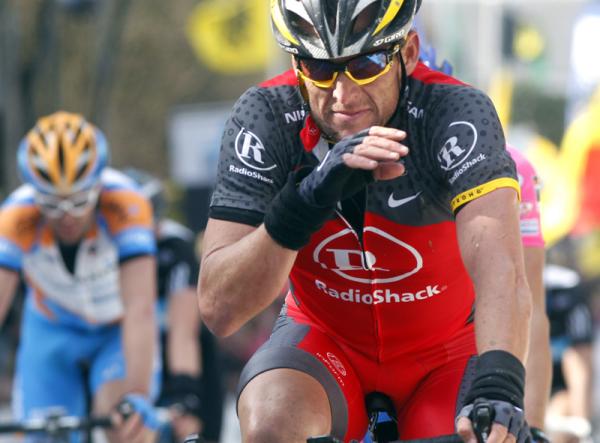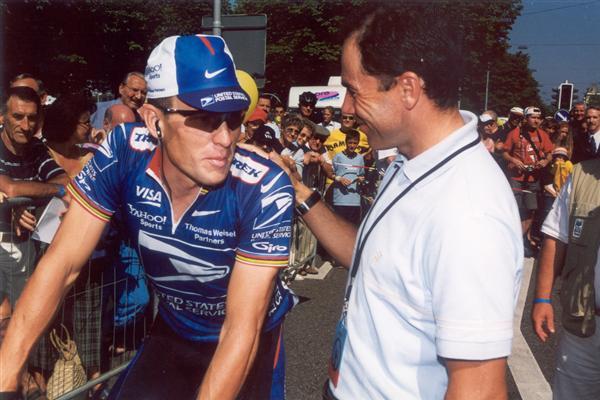Judge delays ruling in Armstrong and USADA case
Seven days given to submit additional information



The ongoing Lance Armstrong doping case experienced further delays on Friday when U.S District Court Judge Sam Sparks gave both parties; Armstrong and USADA, a further seven days to deliver additional information. Among the possible outcomes expected from Sparks in a week’s time include dismissing the Armstrong’s lawsuit against USADA or an injunction against USADA that will cease the case against the seven-time Tour winner.
Sparks’ concerns and subsequently delayed ruling on jurisdiction were primarily based around the specifics provided by USADA, or rather apparent lack of which did not provide Armstrong with enough information to mount an edequate defence.
"I couldn't find anything but conclusions (in the charges)," Sparks said. "Not one name, not one event, not one date,” said Sparks.
The judge also questioned Armstrong’s lawyer Tim Herman, regarding the actual reasoning behind the federal court being involved at all.
“Where do I have jurisdiction in this case when you can litigate this in the arbitration process?" Sparks said.
Sparks’ request for further documentation has thus delayed Armstrong’s deadline to accept sanction or to engage in binding arbitration to a new date of 23 August. Armstrong’s lawyer Herman believes the system of arbitration will not provide a just and fair playing field. USADA’s record of cases which go to arbitration is 58-2, according to USA Today.
“The Christians had a better record versus the lions than the athletes there," Herman told the judge.
The latest race content, interviews, features, reviews and expert buying guides, direct to your inbox!
USADA’s CEO, Travis T. Tygart provided a response on the USADA website accepting the decision for further information by Sparks whilst also outlining the system under which Armstrong has competed during his entire career; one built around rules agreed-upon by both U.S athletes and the sporting federations.
“As we said in court today, Mr. Armstrong agreed to play by the same rules that apply to every other athlete and we believe he should not be allowed to create a new set of rules that apply only to him. The rules already in place have protected the rights of millions of clean athletes both famous and anonymous for more than a decade and were approved by athletes, the U.S. Olympic Committee and all U.S. sport federations. From the beginning our investigation has been about ridding sport from anyone in the system that uses their power or influence to encourage or assist athletes in using dangerous performance-enhancing drugs. Every alleged offender is innocent unless and until proven otherwise through the established procedures which are Congressionally mandated to provide full due process, including the right to a public hearing where the evidence is presented, witness testimony is given under oath and subject to cross examination, and an independent panel of arbitrators determines the outcome of the case. We respect the federal court process and will await the judge’s decision.”

